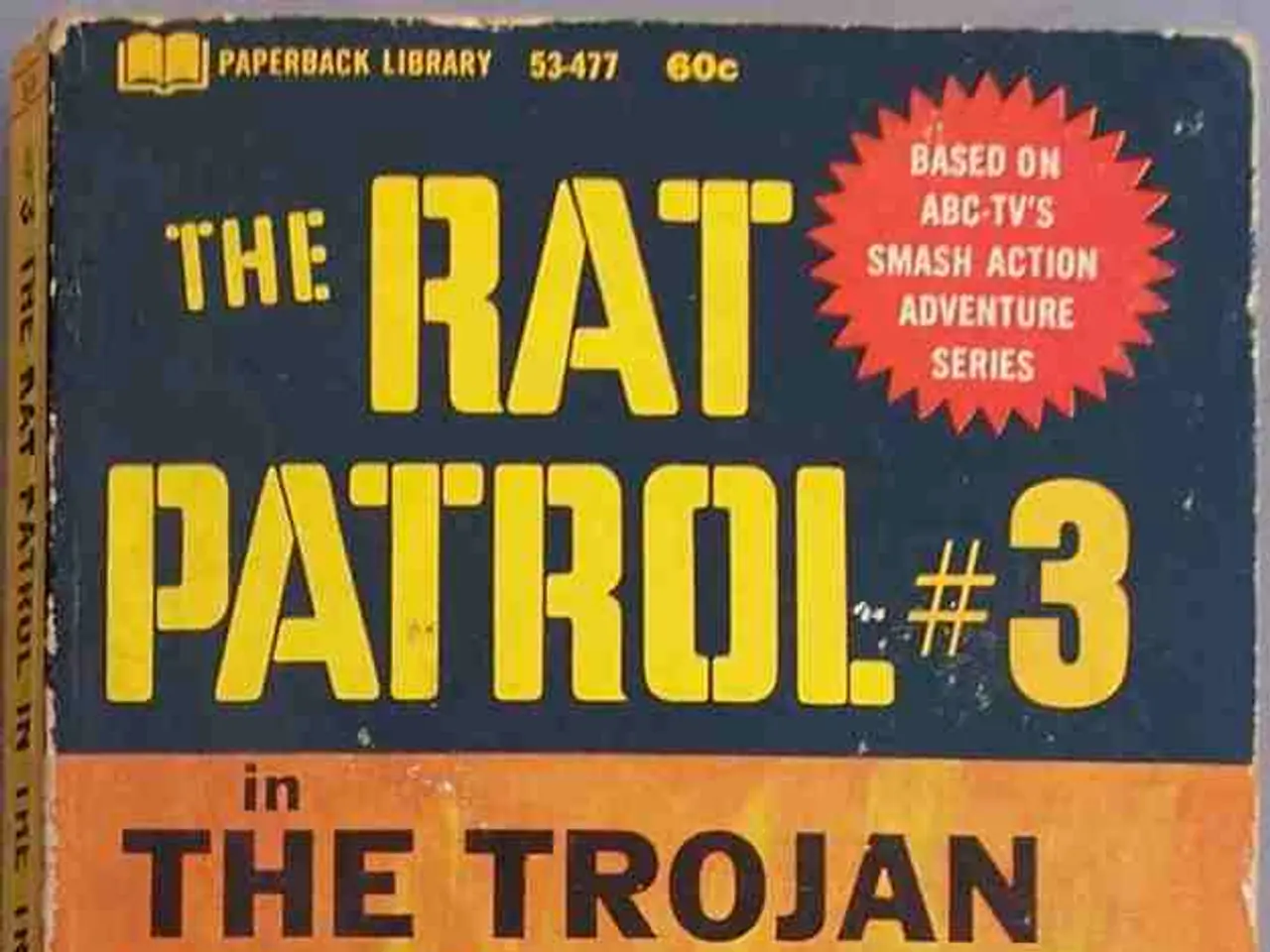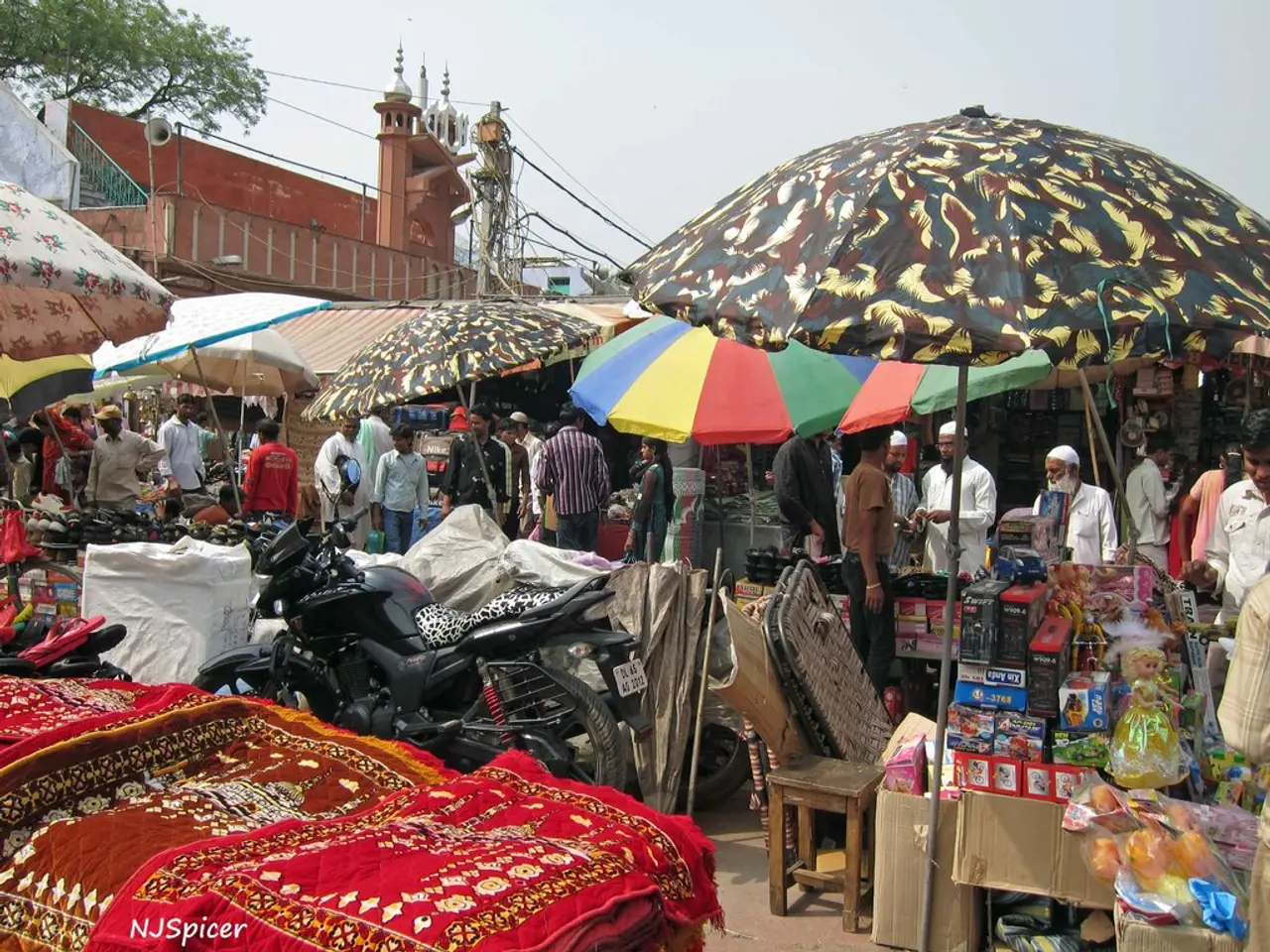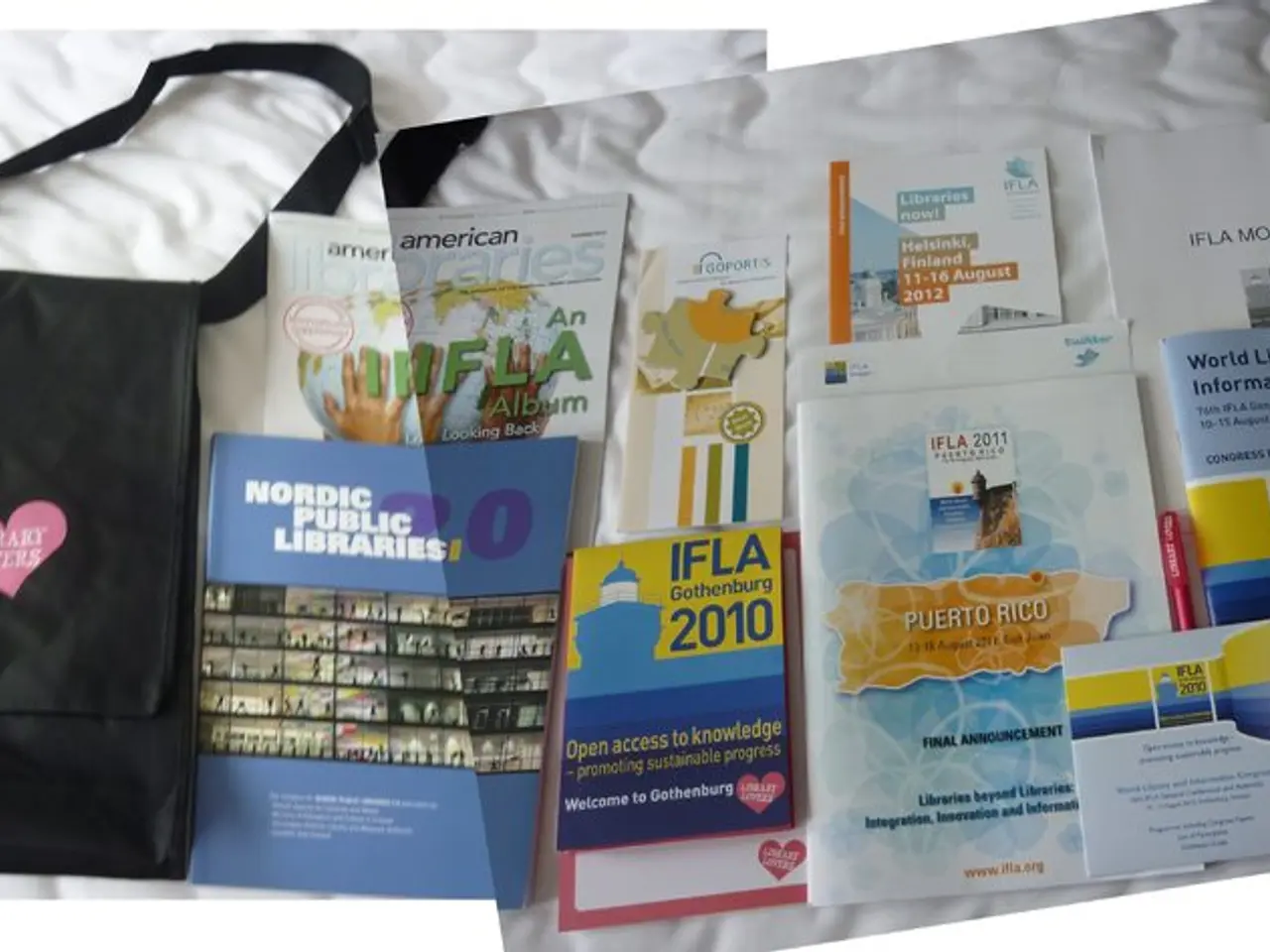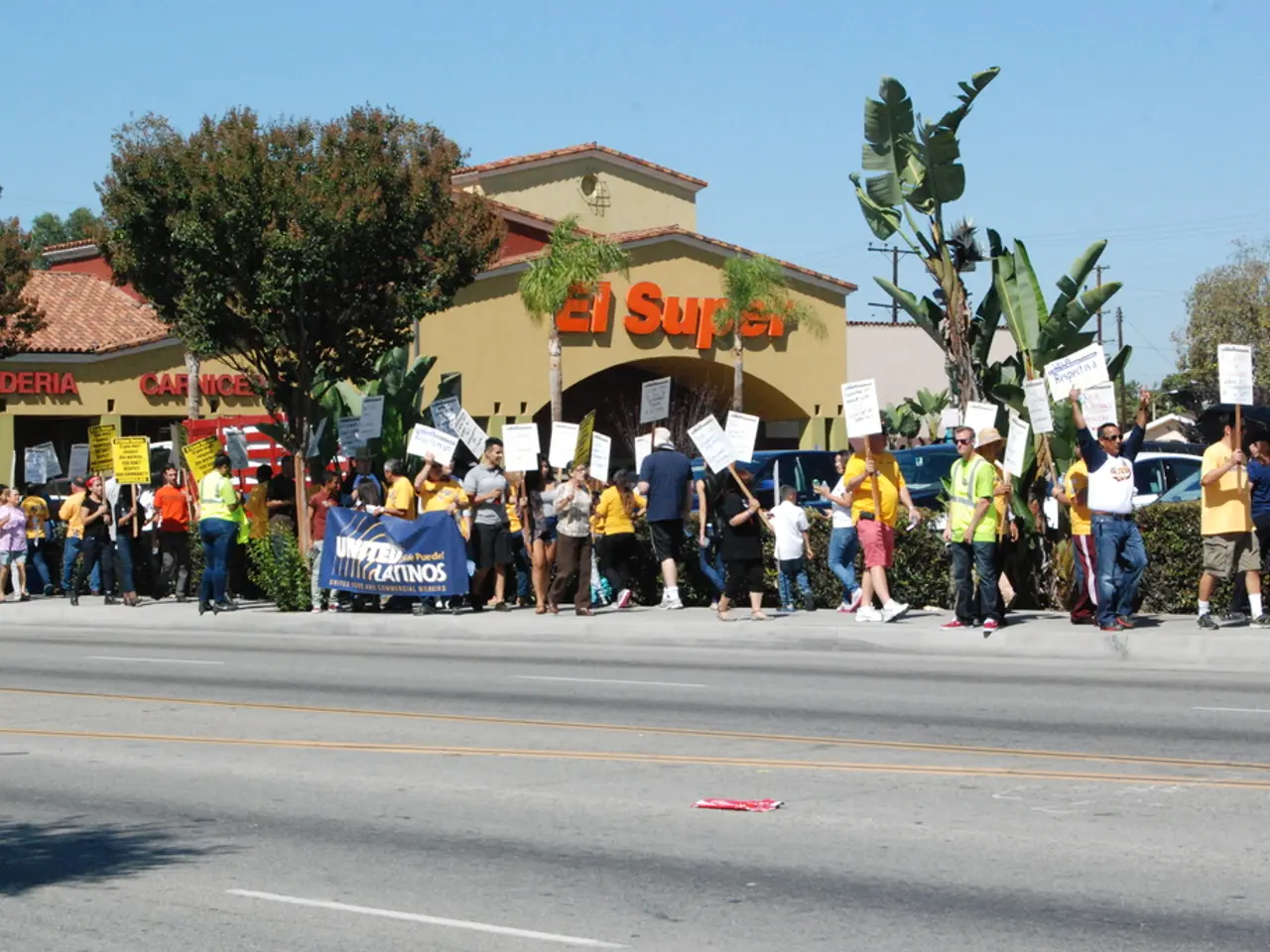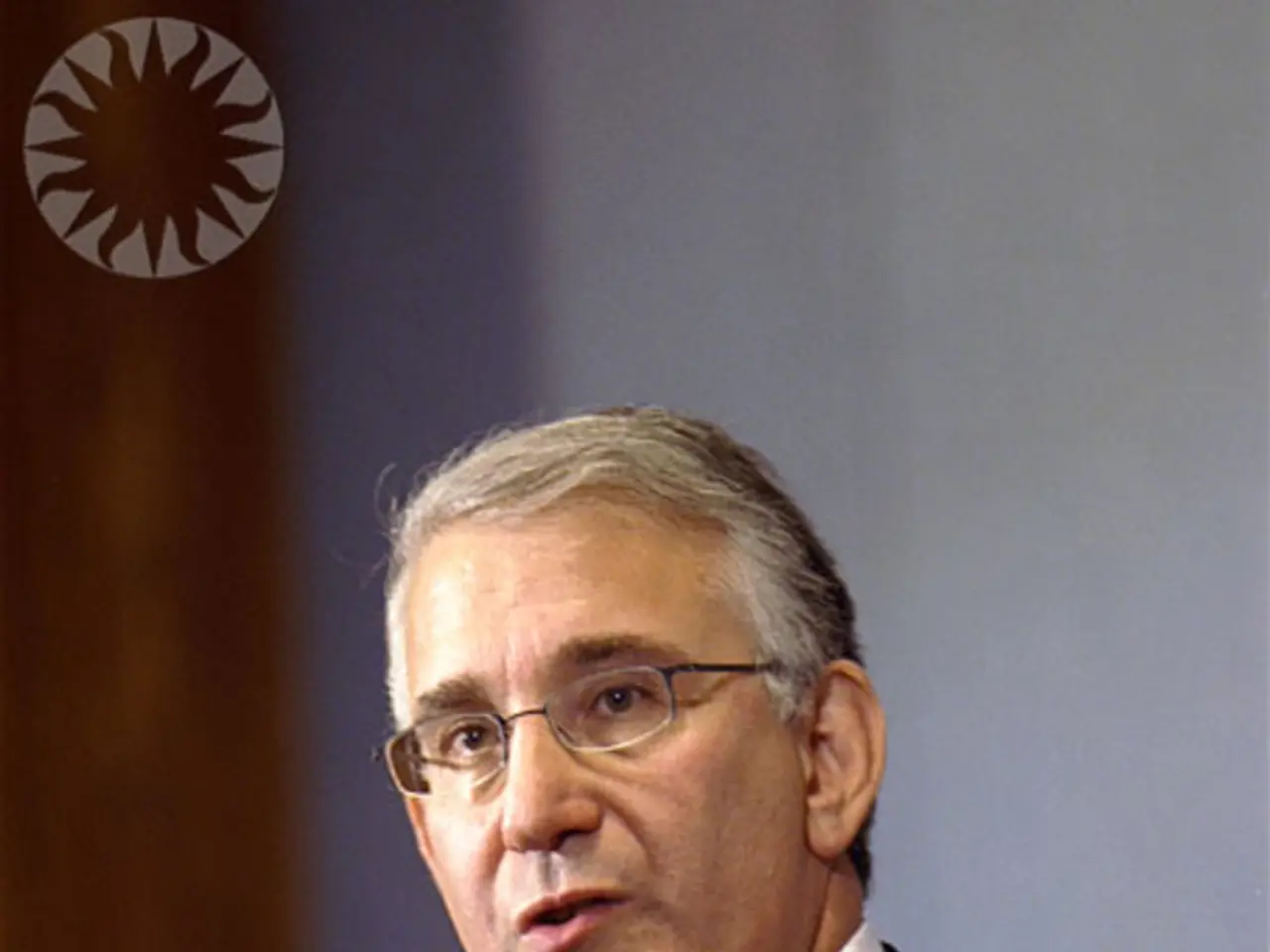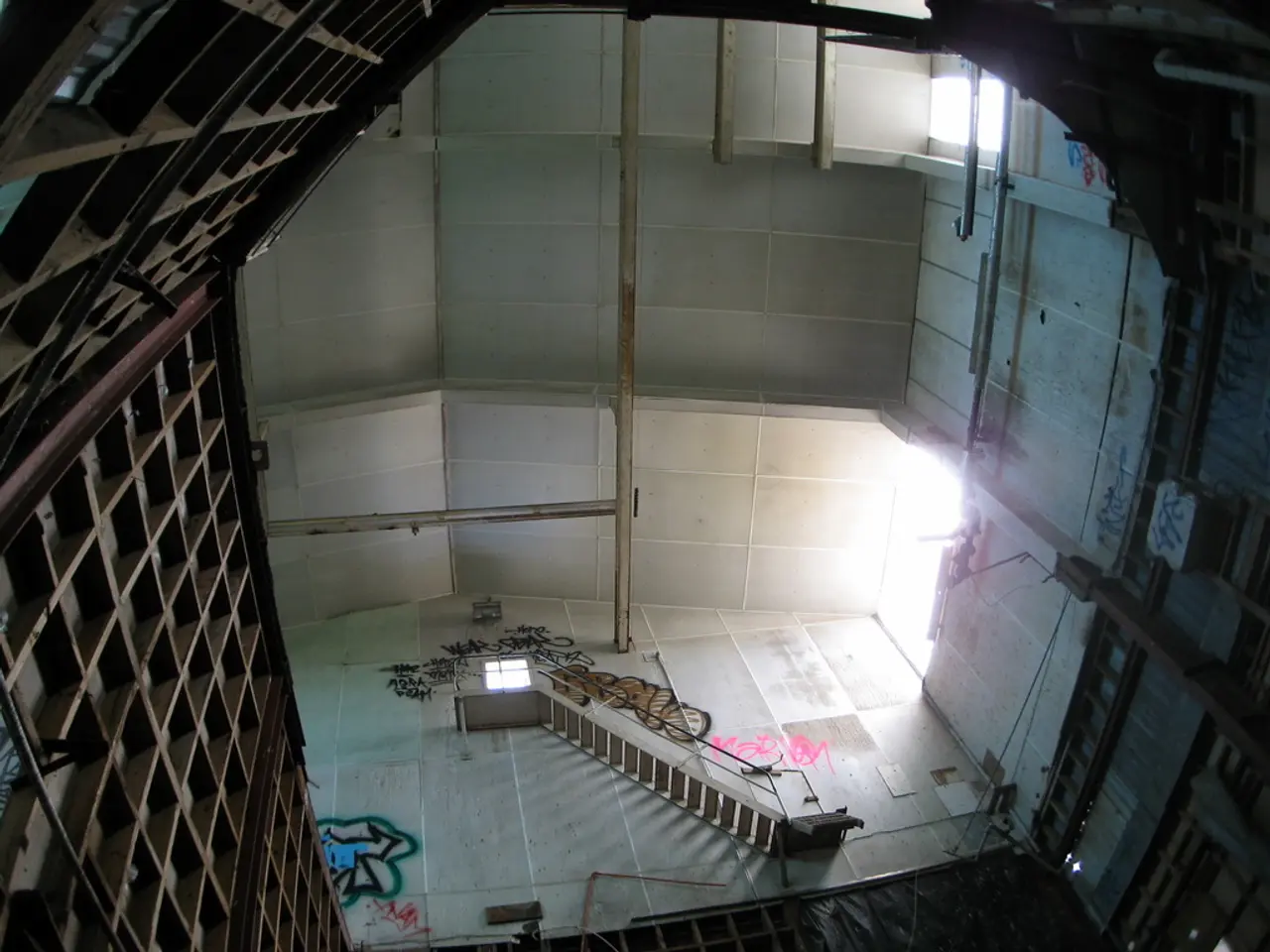East European refugees in East Germany: Oversight of One Issue
In the heart of Europe, the actions of exile nationalist groups in West Germany after World War II have left a lasting impact on the continent's political landscape. Three distinct groups – Ukrainian, Kurdish, and Croatian – have played significant roles in shaping the region's history, each with a unique and often ambiguous relationship with the Nazis during the war.
The Organization of Ukrainian Nationalists (OUN) and its military wing, the Ukrainian Insurgent Army (UPA), were among the principal Ukrainian nationalist groups active before, during, and after World War II. Established in 1929, the OUN was divided into factions, notably OUN-M (Melnyk) and OUN-B (Bandera). Initially, some elements of the OUN collaborated with Nazi Germany, hoping to establish an independent Ukrainian state under German auspices. However, this collaboration was short-lived, as the Nazis quickly suppressed the government and arrested its leaders.
After the war ended in 1945 and Germany was divided, many Ukrainian nationalists, including former OUN members and veterans of the UPA, fled or were expelled from Soviet territories and established exile communities in West Germany. These exile groups played a key role in preserving a nationalist Ukrainian identity in the West and advocated for Ukrainian independence during the Cold War. However, their postwar exile activities reflected both continuation of nationalist political goals and efforts to reckon with or sometimes obscure their wartime connections.
Similarly, the Kurdish movement has faced a long history of repressive measures by German state organs, which can be traced back to the 1960s and beyond. The "We want our world back" congress, scheduled for Easter weekend 2023 at the University of Hamburg, was terminated due to alleged political proximity to the Kurdistan Workers' Party (PKK), which is banned in both Germany and Turkey. This repression is also seen as an attempt to suppress anti-capitalist and feminist organizational forms.
The Croatian exile organizations continued their fight against "Yugo-communism" until the 1960s. Right-wing Croatian exile organizations, such as the Ustasha state, which called itself the Independent State of Croatia (NDH), stood on the side of Nazi Germany and fascist Italy. The attack on the Yugoslav trade mission in Mehlem near Bonn on November 29, 1962, resulted in the caretaker being shot and later dying in the presence of his 12-year-old son. Research by Thaden provides insights into the activities of right-wing Croatian exile structures in West Germany in the 1960s and their connections to various old and neo-fascist groups in the FRG, including the German People's Union and the "German National Newspaper," as well as younger neo-Nazis.
The history of exile Ukrainian structures in West Germany after 1945 is a worthwhile research task, as Ukrainian nationalists were also partly connected to the Nazis and fled to Germany with the Wehrmacht's collapse. Thaden's research mentions that these connections led in the 1990s to known right-wing figures from Germany fighting on the side of Croatia against the Yugoslav army. The policy of dismantling Yugoslavia, driven by Germany, fulfilled a central goal of right-wing Croatian exiles: their own state that positively references figures from the Ustasha regime in its remembrance policy.
In summary, the complex histories of Ukrainian, Kurdish, and Croatian exile nationalist groups in post-war Germany have left a lasting impact on the continent's political landscape. The legacy of these groups is marked by nationalist aspirations, association with Nazi collaboration, and efforts to reckon with or sometimes obscure their wartime connections. As research continues, it is essential to understand the role these groups played in shaping the region's history and the ongoing implications of their actions today.
- Post-war German politics have been significantly influenced by the migration of Ukrainian, Kurdish, and Croatian nationalist groups, each carrying unique histories related to war-and-conflicts and politics.
- The Organization of Ukrainian Nationalists (OUN) and the Kurdistan Workers' Party (PKK) have both faced accusations of alignment with conflict-driven ideologies, with the OUN's wartime connections remaining ambiguous and the PKK being banned in both Germany and Turkey.
- Crime-and-justice issues have arisen from the activities of right-wing Croatian exile organizations in post-war Germany, as seen in the 1962 attack on the Yugoslav trade mission, demonstrating the ongoing impact of these groups on general-news events even decades later.
